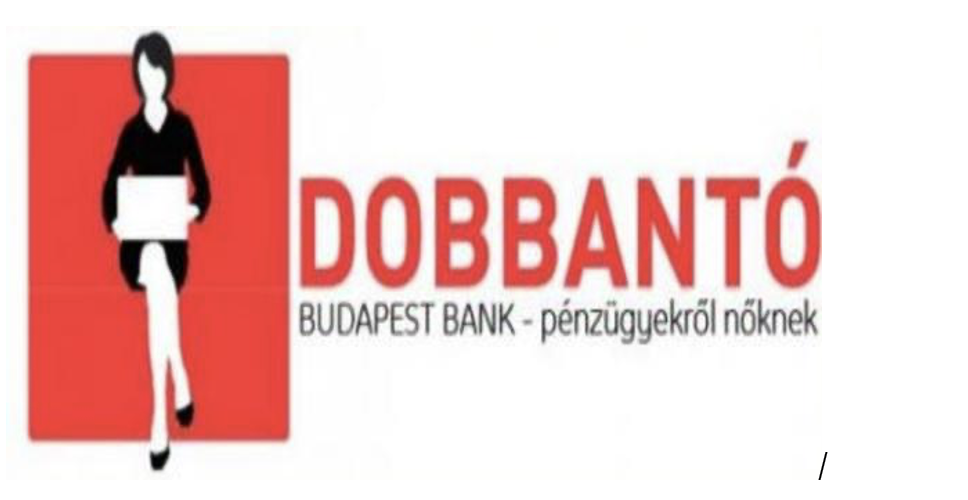Objectives
The Dobbantó (Springboard) women entrepreneurs’ competence development programme (Vállalkozónői Kompetenciafejlesztési Program) was launched in Hungary in 2004 to increase entrepreneurial potential and develop key competences such as business planning, presentation, IT and networking skills through a combination of training, advice and mentoring. Participants in the programme are women who plan to or currently run a business
Results achieved
Between 2004 and 2011, some 470 women, organised into 23 groups, graduated from the programme, and around 200 new businesses have been launched or reshaped as a result.
Innovation
Dobbantó has also helped to plan new measures for female entrepreneurs in the forthcoming EU programming period. The programme has been developed continuously using the experience it has gained, and has already been transferred. In 2012-13 the same training technique was provided within the “Come back” programme, which targeted mothers returning to the labour market from childcare leave (funded by the ESF Social Renewal OP). An additional element, mentoring, was included at this stage.
To influence public opinion more broadly, it gave its active support to Hungary’s first TEDxWomen conference. More than 100 people came to the event, and more than 2,000 downloaded the presentations of female entrepreneurs from the internet.
The programme’s success factors are mainly related to the fact that SEED Foundation is a big, non-profit public utility organisation with a stable background and staffing.
Empowerment
The programme also builds on peer support within the participant groups. The programme contains a closed online knowledge-sharing facility (Confluence, used in 100 countries by more than 13,500 organisations), personal mentoring and a club system to create opportunities for networking.
Over the past nine years the programme has helped some 470 female entrepreneurs to launch or renew their business, thus creating or reshaping at least 200 new enterprises. It has also affected many others. On average 2,000 people have been regularly informed of the programme. SEED’s web page had 38,000 visitors in 2012, and its Facebook page has 800 followers. Five hundred people have learnt about the programme through two female entrepreneur networks maintained by SEED and its partners (the Hungarian Network of Female Entrepreneur Ambassadors and the Hungarian Network of Mentors of Female Entrepreneurs). The results have been used by the institutions promoting enterprise to improve the support they offer.
The experience of the Dobbantó programme shows that only the systematic, continuous development of a programme can be successful, because original good ideas can be steadily improved over the years. However, to build up such a specific programme for such a specific target group demands long-term commitment and financing. Finance was one of the main obstacles the programme faced. Indeed, its financing is quite unstable, despite SEED’s attempts to build a diverse funding base. The crisis since 2008 has also had a negative financial effect because Hungary’s banks, IT and communications companies have been heavily taxed since then, which has significantly reduced their corporate social responsibility contributions.
When
2004 – nowadays

